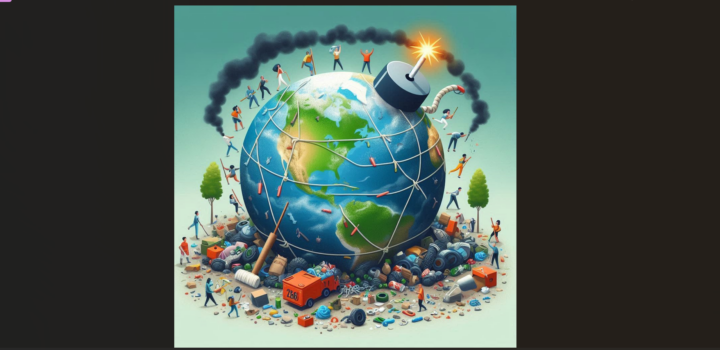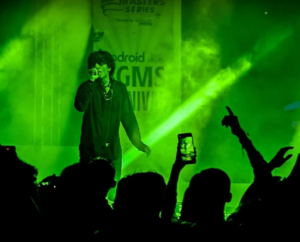While Generative AI penetrates our daily lives, spewing instant information with a simple prompt, the world of those who work in Generative AI is far from glamorous. In fact, it’s often
thankless low-paid human labour that goes into making AI systems look smart.
According to Rest of the World, the global labour force of outsourced and contract workers are early adopters of generative AI and hence the most at risk of losing their jobs. Outsourced workers from Manila to Cairo say generative AI is changing their work and income.
In July, Bloomberg looked at internal documents instructing annotators on how to label data for its new chatbot Bard. It found that annotators encountered bestiality, war footage, child pornography, and hate speech. Not only that, ensuring that the LLM produces the correct response falls to thousands of outside contractors from companies such as Appen Ltd. and Accenture Plc. These workers are not only undertrained and underpaid, (making as little as US$14 an hour), but they also work under frenzied deadlines.
The Wall Street Journal revealed in a podcast the nightmare that outsourced workers of OpenAI’s ChatGPT got through in Kenya.
According to a cross-cultural study published by the American Psychological Association, frequent usage of AI systems at work can lead to employee loneliness, leading to insomnia and increased after-work drinking.
The demand for AI-related professional skills is rapidly on the rise though. As per a Stanford University study, US government spending on AI technology increased 22% in one year, reaching US$3.3 billion in 2022, with added investment in decision science, computer vision, and autonomy. AI skills are in demand across just about all industries.
Read more: Tech still rules Indian job market
“Employers in the United States are increasingly looking for workers with AI related skills,” says the report.
We are already seeing Hollywood writers fighting to make sure robots do not take their jobs. The Writers Guild of America is seeking to restrict the use of AI in writing film and television scripts. While we demand that Generative AI be regulated so as to protect data and privacy, and in the case of artists and writers, their jobs, it’s also a good idea to have safeguards in place for workers in AI, especially those who are outsourced and contractual.












